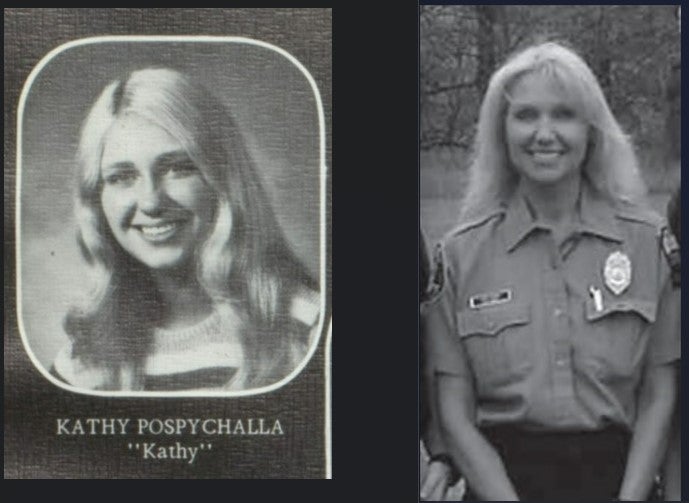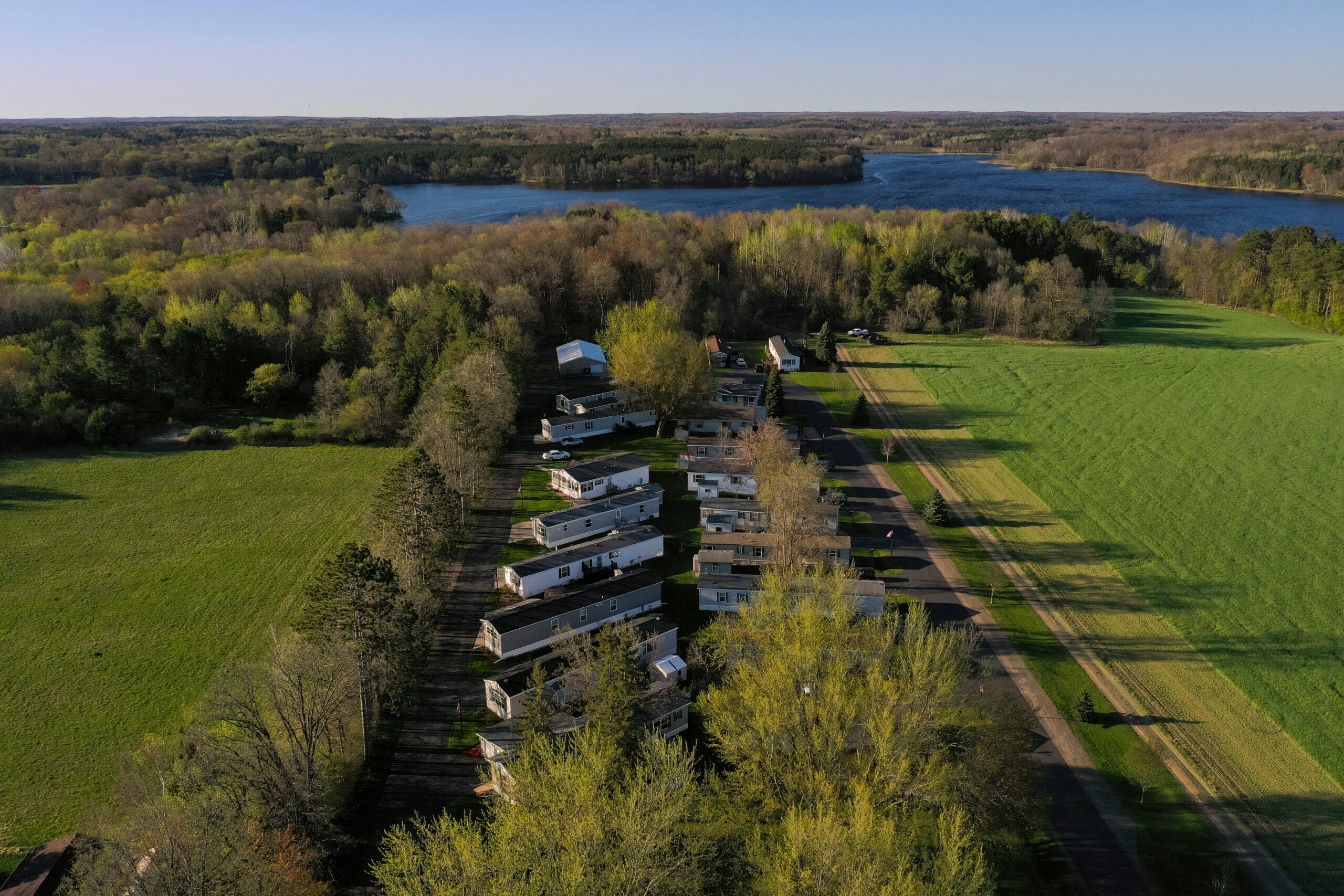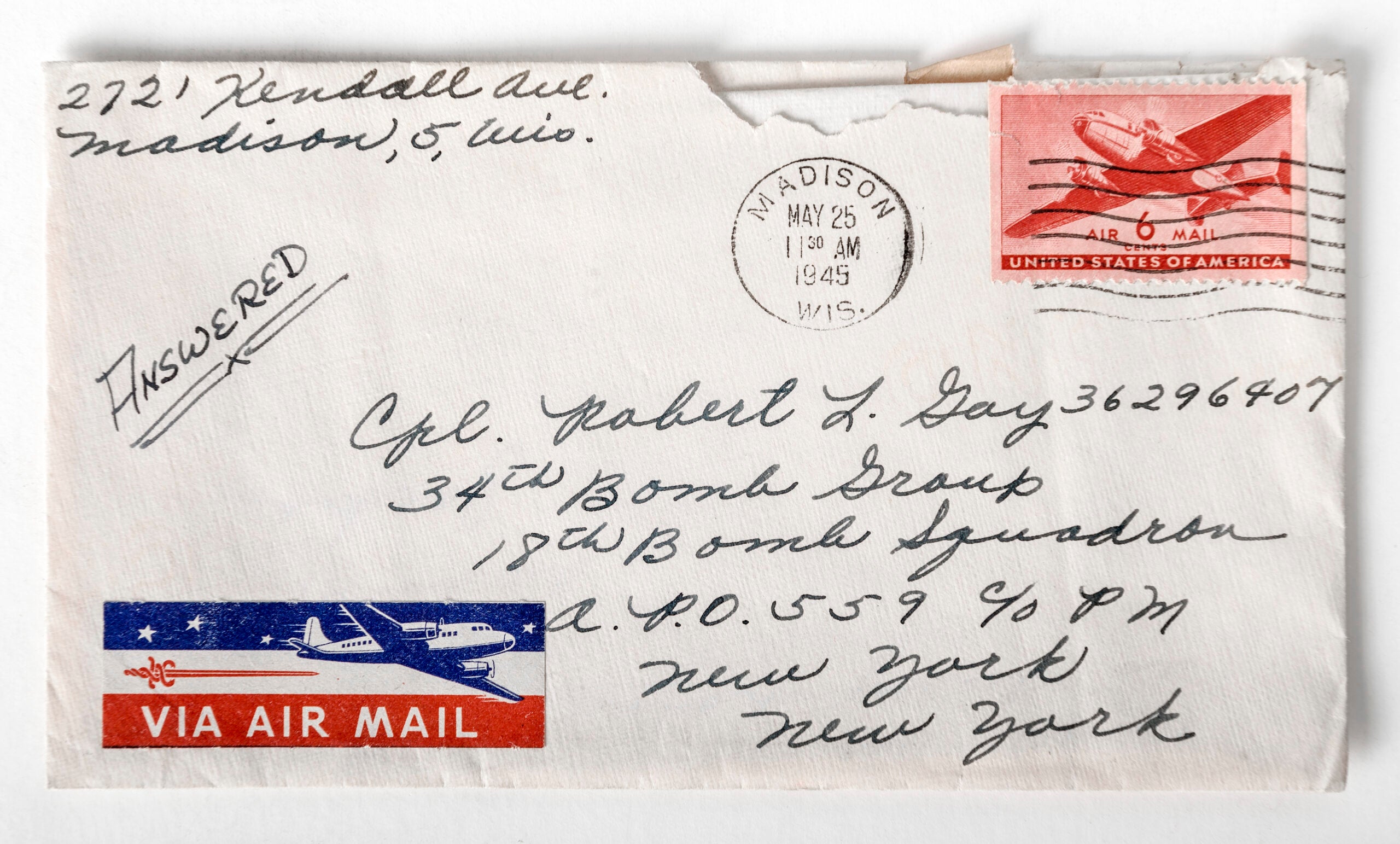ASHLAND, Wisconsin — To read the hundreds of social media posts about her in recent weeks, Kathy Cargill is an uncaring outsider interloping on Duluth’s picturesque Park Point; an over-privileged billionaire intent on tearing down homes to create a gated enclave for her uber-rich relatives
Encouraging that impression are words she’s uttered herself: calling many of the 20 homes she’s quietly purchased “crap” and saying Duluth’s mayor “peed in his Cheerios” for daring to ask about her plans.
But in fact, Cargill is not an outsider from the Twin Cities or the product of a silver-spoon upbringing. Before marrying James Cargill II — heir to the family controlling the largest privately held company in the U.S. — she lived in several northwestern Wisconsin towns, hailing from Ashland as the daughter of the local tow truck operator. She graduated from Ashland High School in 1976 and held various jobs, including as a real estate salesperson and as a trail manager for the Wisconsin Department of Natural Resources.
And despite her frosty relations with Duluthians over her Park Point enterprises, home folks in Ashland say she has maintained positive relationships with their community, and given back to it as well.
“She’s done a lot of good,” says Dan Reinerio, dining at the Ashland Family Restaurant with friends who know and remember the former Kathy Pospychalla, whose family is well-known for pulling many a car out of a ditch.
WPR reached out to two of Kathy Cargill’s lawyers for comment by her or a representative for this story. As of Friday, neither attorney had responded.
The controversy began in December, when Duluth News Tribune reporter Jimmy Lovrien first reported on her purchase of houses on the quaint Duluth sandbar jutting out into Lake Superior. In it, she said little about her plans and used the word “crap” to describe some houses.
Duluth Mayor Roger Reinert followed up, asking her to meet with him.
“So like many in Duluth, I am also concerned about all of the Cargill purchases on Park Point,” Reinert said in a Facebook video on March 12. “We now know that over 20 homes have been purchased. The one across the street, torn down, others are being torn down, and I think we’re all just wondering, you know, what is the plan?”
Cargill did not respond to Reinert, but did share her intentions with a Wall Street Journal reporter later in the month. Of the 20 properties she had acquired through her business, North Shore LS LLC, she said she was rehabbing one as a residence but tearing down others. She told the Journal her plans had included bringing amenities to the community, including a coffee shop and a pickleball court. But the mayor, she said, “peed in his Cheerios” with his calls to meet with her, and she now was no longer going to pursue those plans
The reaction to both news stories was swift and strong. Hundreds of social media posts suggested her real plans were to transform the tight-knit Park Point community into a gated enclave for her billionaire relatives. There were also attacks on the Cargill company for alleged human rights violations in its multinational operations.
Not all social media posts were negative. Some defended Cargill’s right to do what she wished with the property she legally bought. And one lighthearted protest picked up on the Cheerios theme to call for the donation of boxes of cereal or cash to help feed those in need.
“Rather than continue to talk about this new Duluth property owner, let’s show what a large-minded community can do when they come together. We’re going to collect some Cheerios and give them to those in need,” Duluth organizer Chad McKenna said in a Facebook video. The campaign eventually raised more than $50,000 to donate to local food programs.
But missing from the public discussion was virtually anything about who Kathy Cargill was other than the wife of a billionaire, or about her ties to the region, particularly northwestern Wisconsin.
Her husband, James Cargill II, is listed in numerous public records as a longtime resident of Birchwood, Wisconsin. The couple also has homes in the Twin Cities metro area, Colorado and now Duluth. Both have been married before, Kathy twice.
Kathy Pospychalla grew up in Ashland, where her family was based except for a period in the early 1960s in Wausau. Her father, Patrick Pospychalla, ran the local towing business.
She graduated from Ashland High School in 1976 and married a classmate. Records show they divorced in 1993.
Kathy remarried and lived in various towns in northwestern Wisconsin, including in Phillips in 2004, when she obtained a real estate sales license, according to the Price County Review. She told the paper she had previously worked at the Bayfield County Sheriff’s Department and switched careers after taking a real estate course at a community college.
Her husband was a DNR warden supervisor and Kathy soon after joined the department, eventually becoming manager of the Tuscobia Trail, not far from Birchwood, DNR newsletters and records show. She and her second husband divorced in 2010.
After marrying Cargill, she has maintained homes in several states, including Colorado, where she keeps a collection of high-end McLaren cars.
But she has always returned to Ashland, and according to locals, has given back generously.
Reinerio, the Ashland Family Restaurant patron, described a particular instance of Cargill’s largesse.
“She did a lot of good for people here in town and built houses for people and gave it to them,” Reinerio said while dining with friends Gibb Compton and Tony Schatz, who affirmed his account.
When one of Cargill’s long-time Ashland friends was widowed, the now-billionaire built her a new house, Reinerio said.
“Yeah, tore the old one down. It was a piece of crap. And I mean it was. Really bad holes in the roof and everything. And then she tore that all down and then she built them a new house and gave it to her.”
The house identified by Reinerio, a modest ranch that property records value at less than $200,000, does appear to be newly constructed. The owner declined comment to WPR.
Ashland city records do not show a connection between that property and Cargill or her real estate entities. But two other homes in the city are listed as owned by South Shore LS LLC, a company with the same metro Twin Cities address as Cargill’s North Shore LS LLC.
Another Ashland resident who has known Cargill all his life is her younger brother, Mark Pospychalla, who runs the family towing business today. But except for their father’s funeral in 2021, he says he hasn’t seen his sister in 30 years or more and never met her Cargill in-laws.
“She’s the third in the family. There’s me and Mike and Kathy and Carol. Carol’s the oldest,” he said, adding that the siblings are enmeshed in a lawsuit between them that he did not want to discuss.
Recovering from a shattered elbow and broken femur from an accident last fall, he spoke while sitting horizontally in an easy chair with his feet propped in the towing company’s office. There, he described his family’s life while growing up in Ashland.
“When we lived east of town, (we) heated with firewood, which kind of everybody did back then, you know,” he said. “I remember one time the neighbor’s well froze. And we had a portable welder at the time. Well, Dad takes the portable welder over and zaps the pipes. … and he went over to the neighbor’s house and cut wood and he ate there. So that’s about the best of the memories I can remember.”
Pospychalla said neighbors and friends today have similarly reached out to help him since his accident. He expressed little envy for the wealth his estranged sister has come into.
“Money’s nice, but you know when you’re horizontal, that money ain’t gonna do you a bit of good,” he said.
Someone who has benefitted from Cargill’s affluence is Dan O’Neill, a retired union organizer who grew up in Park Point. Last summer, he sold his house to Cargill for $825,000 — more than double what he thought he was going to get.
But he says his impression mostly came from talking to her.
“We had a nice conversation about what she wanted to do on my property … how she wanted to tie it into the environment and make it, you know, kind of blend into the environment,” he said, calling her personable, “like I could be talking to any other of my neighbors.”
He also said she told him she was building one of the Park Point homes for her grandson, whom he met, though O’Neill said he couldn’t recall his name. If the grandson is her blood relative rather than a stepgrandchild, then he would hail from the Pospychalla line, also with roots in Ashland.
Another Duluthian who says there’s a different side of Kathy Cargill than that portrayed in social media posts is Craig Grau, a retired professor of political science at the University of Minnesota Duluth.
Grau, whose work has included significant research on the 1920 Duluth lynchings of three Black circus workers, said though the incidents are in no way comparable, the postings attacking her character are based on ignorance and stereotypes reminiscent of a mob mentality.
He also said some assumptions about her are just plain incorrect, including a post saying the Cargills could not possibly have Native American familial connections.
While Kathy Cargill’s in-laws may not, her own family tree does include enrolled tribal members, Grau said.
“Yeah. Her mother Judith (who was not Native American, had the surname ) Salawater and there are native Salawaters,” he said of genealogy he learned from a tribal elder in the Bad River Band of Lake Superior Chippewa.
“Kathy’s maternal grandfather — his brother married a tribal member, Lucille Messenger. And there’s a number of people from that wing of the family that are her cousins that are associated with the Bad River Ojibwe.”
Grau allows that Cargill brought on much of the criticism herself through her crass comments in the media. But he disputes the depiction of her as an outsider on Park Point, which shares the same fronting on Lake Superior as Ashland, including the similar sandbar of Chequamegon Point.
“Well, both she and (her mother) are Oredockers, I mean, from Ashland High School. And you can’t get more local than that!”
Correction: An earlier version of this article incorrectly stated that both of Cargill’s parents, rather than just her mother, attended Ashland High School. The article has also been clarified to more clearly state that her mother was not Native American.
Episode Credits
- Robin Washington Host
Wisconsin Public Radio, © Copyright 2026, Board of Regents of the University of Wisconsin System and Wisconsin Educational Communications Board.






